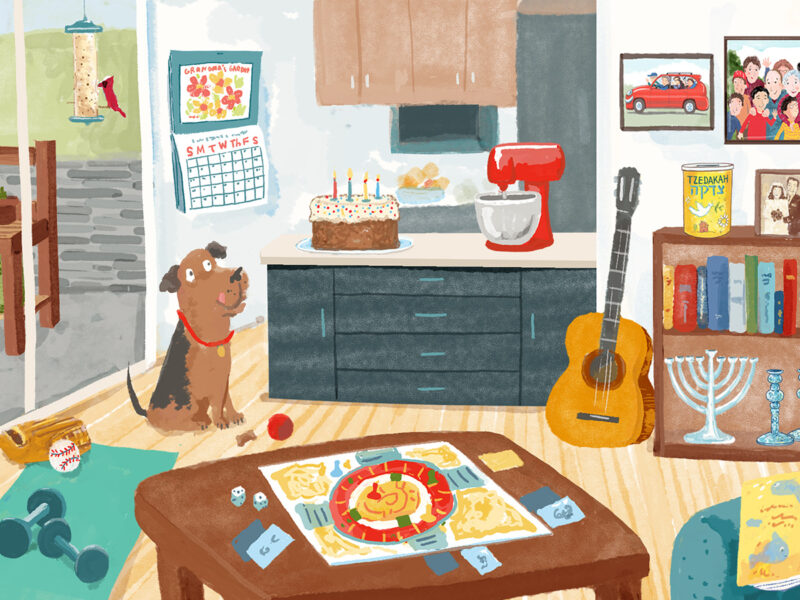Sandra Stone says she started writing seriously at age 5; in the decades since she has won a host of awards including an Oregon Book Award and a trip to Japan.
In 1998 her Cocktails with Breughel at the Museum Café won the Oregon Book Award. The next year she was standing in line at the post office when she saw a flyer for a free trip to Japan for the person who could best capture friendship in 25 words or fewer. With the deadline that day, she composed a 24-word entry on death and friendship. Her book on her experience in Japan, The Inmost House: Memory Making Journeying, was a finalist for the Oregon Book Award in 2013.
The poignant poem, her winning entry, was inspired by her memory of a book in her collection of some 5,000 books that fill bookshelves throughout her home. In Japan, where people seldom speak of death, the death poem is both an art form and a farewell to life. From 7,500 entries Stone’s concise writing stood out and captured the essence of pain, loss and, most importantly, friendship.
She attributes her ability to capture so much story in such a short verse to her years of writing poetry, with its concise, dense verse.
Her poem “Snow Whippets” won numerous awards including the 2010 Lucille Medwick award for a single poem on a humanitarian theme by the Poetry Society of America, a 2010 Campbell Corner Prize and the 2008 Dana Award for linguistic invention.
She describes her recent book, A Sum of Whirligigs, as “a poetry of place, desolation, disaster, sorrow, love & despair, human suffering and world pain.” Though not specifically identified as such, she says the book is about climate change and pain – “what we humans have done to our planet.” She says the whirligigs, or pinwheels, of the title denote the practice of soldiers “to put a helmet on a stick to show where their mate died.”
Published by the literary press Prospect Cove Press, the book has been submitted to for the 2014 Oregon Book Awards, with winners announced in April 2015.
Though she says she writes for herself, her three adult books and many published poems have garnered lavish praise.
Richard Speer, a visual arts critic, essayist and reviewer for Opera News, writes: “Sandra Stone is a writer of exquisite sensibility, elegance, cadence, nuance, mastery, mystery, imagery, subtlety, precision.” Of Whirligigs, he says: “I don’t know quite what to make of the way Sandra Stone deploys language… The poems you will find here are outcry for the suffering inhabitants of the planet.”
Stone also deploys words in her architectural commissions. “My name appears on more buildings than books,” she says. She has received some 40 commissions to create art for both public interiors and the landscape. In 1997 she won a national design award for literary narrative in the Mark O. Hatfield Federal Courthouse. When a worker died during construction of the courthouse, she was commissioned to create a plaque in his honor. Recalling her father’s fondness for tradespeople and the frequent visits to plumbers, bakers, electricians on which she accompanied him, she designed a plaque that lists the name of all who worked on the courthouse, with the dead man’s name seen through a screen of glass.
Stepping into Stone’s home is like stepping into a piece of art. Her “Proust room” is both a tribute to the cork room in which Proust wrote and a visual poem of writing. A small antique writing desk sits below a white canvas with hints of notebook rules and a drawing of a number 2 pencil on a postcard. The manual typewriter she received as a high school graduation gift is displayed beside one of her “assemblages” – this one devoted to writers’ implements.
Just outside the writing room is another of her multimedia assemblages – this one of pieces of broken musical instruments dedicated to the memory of victims of the Holocaust and “music they would have made.”
Her colorful walls feature an eclectic assortment of paintings. “I’m not a collector,” she says. “I buy selectively based on the story of the painting.” Shortly after her mother’s death, she commissioned Oregon artist Henk Pander to create a painting featuring many of her mother’s things.
Windows, both real and painted, feature prominently in her home. From her fifth-story condo overlooking the Pearl District, she says, “I can see people living.”
Born in Portland, Stone moved with her parents to Seattle when she was 3 months old and later to Los Angeles. She returned to Portland in 1956 after marrying Mel Peters in Manhattan. The couple, who later divorced, had three children – Adam, Julie and Lisa – who live within blocks of each other in Manhattan. She has three grandchildren, Joshua, Zachary and Kaia, all of whom she says are keenly interested in their Jewish heritage.
Stone’s given name was Alessandria, which she shortened to Sandra to fit on the cover of her first book. Many in the community know her as Sunny Peters.
For many years, Stone was a member of Congregation Beth Israel, where she taught for about three years.
From her first book, How N ’Chinky Came to Love His Father, a children’s book published in limited edition under the name of Sunny Stone decades ago when she lived in Manhattan, to her soon to be published nonfiction The Juggler of Day, Stone’s words have always explored issues of humanity. Information on ordering any of her books is available from orders@prospectcovepress.com.




